Larry Williams – Trade Stocks and Commodities with the Insiders. Secrets of the COT Report
$12.00
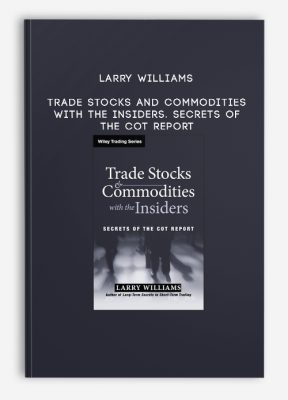
Larry Williams – Trade Stocks and Commodities with the Insiders. Secrets of the COT Report
Get Larry Williams – Trade Stocks and Commodities with the Insiders. Secrets of the COT Report on Salaedu.com
Description:
“The way that Big Money got to be Big Money was by also being the ‘Smart Money’, and so it is worth paying attention to how the Big Money traders behave. That’s the essence of what Larry Williams has to teach us in this book. And it’s not just what the Smart Money says or thinks, but how they behave in terms of their trading that we should pay attention to. Larry shows us how to listen to that message.”
—Tom McClellan, Editor of The McClellan Market Report
“Finally, an insider’s take on what really goes on behind the scenes in commodity trading. Larry writes his view of trading, as only he knows it, from his twenty-five years of experience.”
—James Altucher, author of Trade Like a Hedge Fund
Successful trader Larry Williams reveals industry secrets that help investors and traders successfully invest and trade side-by-side with the largest commercial interests in the world. You’ll be introduced to the COT (Commitment of Traders) report, the best resource for achieving trading success, learn exactly what the information it contains means, and plan for maximizing profits by acting on reported actions.
TABLE OF CONTENTS
Introduction.
Chapter 1. Meet Your New Investment Partner and Adviser.
Chapter 2. Watching the Commercials.
Chapter 3. Understanding the Commercials: A Record of Their Buying and Selling.
Chapter 4. The COT Index.
Chapter 5. For Every Insider There Is an Outsider.
Chapter 6. Large Traders . . . Not Quite As Good As You Think.
Chapter 7. The Facts on Volume.
Chapter 8. The Breakthrough: Getting Inside Volume and Open Interest.
Chapter 9. Opening Up on Open Interest.
Chapter 10. A Unified Theory of COT Data.
Chapter 11. A New Twist on the Commercials: Using Them for Stocks.
Chapter 12. Pointers and Thoughts on Trading.
Chapter 13. The One-Minute Commodity Trader.
Chapter 14. Charts: What They Are, What They Mean.
Chapter 15. Putting Theory to Work: Practicing What I Preach.
Index.
AUTHOR INFORMATION
Larry Williams is a hedge fund manager and—based on books in print—perhaps the most widely read futures author of all time. He is the unsurpassed winner of the Robbins World Cup Championship of Futures Trading, taking $10,000 to $1,100,000 in less than twelve months. He has served on the Board of the National Futures Association and twice ran for the U.S. Senate in Montana. Featured in such publications as Barron’s, the Wall Street Journal, Forbes, and Fortune, Mr. Williams has been one of the most widely quoted and followed advisors over the past twenty-five years. His other books published by Wiley include Long-Term Secrets to Short-Term Trading, The Right Stock at the Right Time, and Day Trade Futures Online. To contact Larry Williams, please e-mail him at [email protected].
REVIEWS
“This is an excellent and much needed book” (The Technical Analyst, Sept/Oct 2005)
“If you trade futures, this book will be a valuable addition to your trading library. Not only is the book a valuable education, but also an enjoyable read.” – Futures magazine, November 2005
Bond -Stock Trading course: Learn about Bond -Stock Trading
Bond trading definition
Bond trading is one way of making profit from fluctuations in the value of corporate or government bonds.
Many view it as an essential part of a diversified trading portfolio, alongside stocks and cash.
A bond is a financial instrument that works by allowing individuals to loan cash to institutions such as governments or companies.
The institution will pay a defined interest rate on the investment for the duration of the bond, and then give the original sum back at the end of the loan’s term.
A stock trader or equity trader or share trader is a person or company involved in trading equity securities.
Stock traders may be an agent, hedger, arbitrageur, speculator, stockbroker.
Such equity trading in large publicly traded companies may be through a stock exchange.
Stock shares in smaller public companies may be bought and sold in over-the-counter (OTC) markets.
Stock traders can trade on their own account, called proprietary trading, or through an agent authorized to buy and sell on the owner’s behalf.
Trading through an agent is usually through a stockbroker. Agents are paid a commission for performing the trade.
Major stock exchanges have market makers who help limit price variation (volatility) by buying and selling a particular company’s shares on their own behalf and also on behalf of other clients.
More Course: BOND – STOCK
Outstanding Course:Martin Pring – Using ETFs to Execute Profitable InterMarket Strategies – 3 DVD
1 review for Larry Williams – Trade Stocks and Commodities with the Insiders. Secrets of the COT Report
Add a review Cancel reply
Related products
Forex - Trading & Investment
Ed Watanabe – Compound Stock Earnings Advanced Charting (Video 1.19 GB)
Everything Else
Stock - Bond trading
Larry Williams – Trading Protege / Inner Circle Course – 9 DVDs + Manual 2004
Forex - Trading & Investment
Forex - Trading & Investment
Forex - Trading & Investment

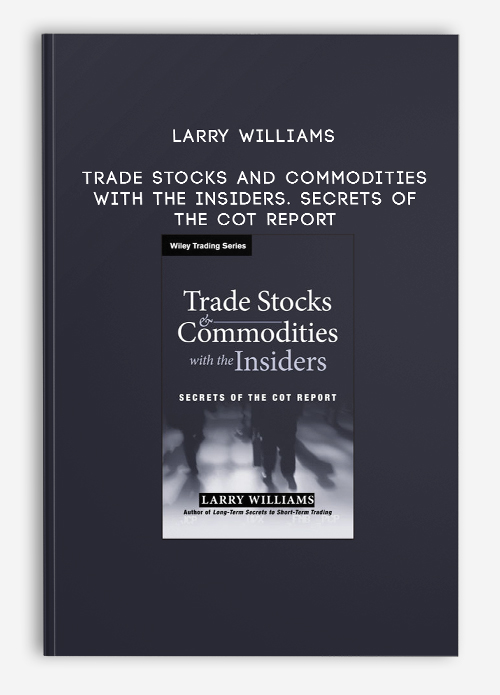
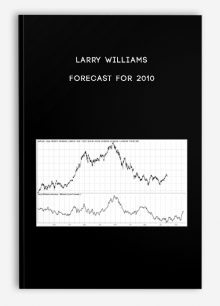
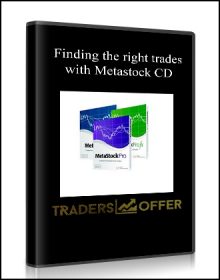
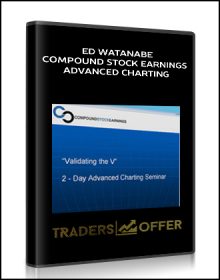
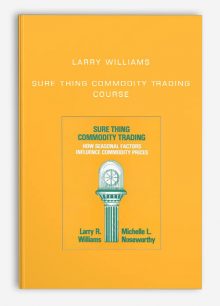
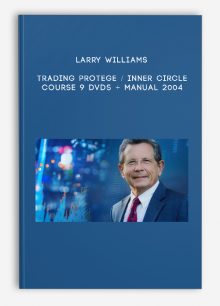
![Investors Business Daily Jan~June 2015 - [ePaper (PDF)]](https://tradersoffer.forex/wp-content/uploads/2016/11/Investors-Business-Daily-JanJune-2015-220x280.jpg)
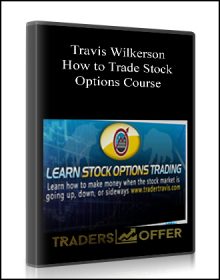
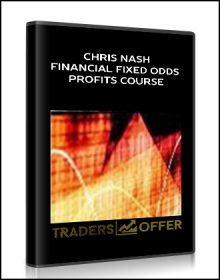
king –
We encourage you to check Content Proof carefully before paying.
“Excepted” these contents: “Online coaching, Software, Facebook group, Skype and Email support from Author.”
If you have enough money and feel good. We encourage you to buy this product from the original Author to get full other “Excepted” contents from them.
Thank you!